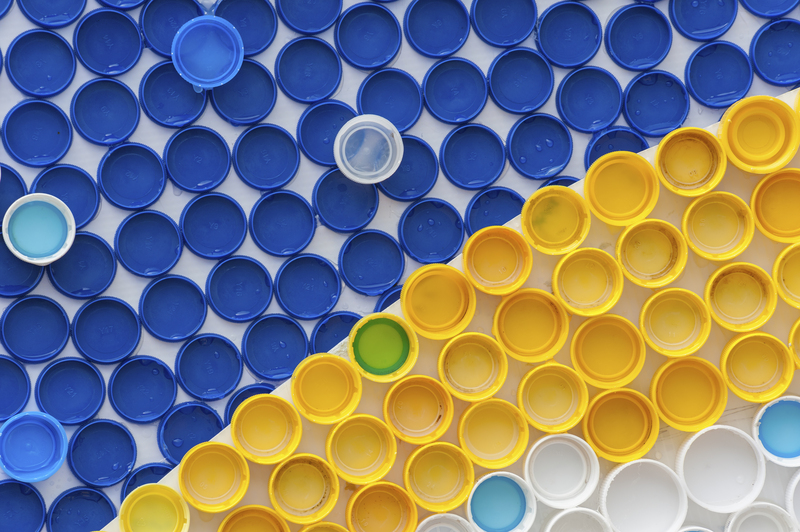Going Plastic Bottle-Free
Posted on 09/01/2025
The rampant use of plastic bottles poses a significant environmental threat. With millions of plastic bottles discarded every second, the need to find sustainable alternatives has never been more critical. This article delves into the myriad benefits of going plastic bottle-free and offers practical tips for making the switch.
Why Go Plastic Bottle-Free?
Plastic bottles contribute substantially to pollution. They end up in our oceans, harming marine life and disrupting ecosystems. By opting for reusable alternatives, you positively impact the environment and support sustainability efforts.

Environmental Impact
The production of plastic bottles requires a significant amount of fossil fuels. Additionally, the decomposition of plastic can take centuries, during which time it can release harmful chemicals into the environment. Switching to reusable options can substantially reduce your carbon footprint.
Economic Benefits
While the initial cost of a reusable bottle might be higher than a single-use plastic one, the long-term savings are substantial. Without the need to continually purchase bottled water, you can save a considerable amount of money over time.
Health Benefits
Plastic bottles often contain harmful chemicals like BPA, which can leach into the water and pose health risks. Reusable bottles made from stainless steel or glass eliminate this concern, ensuring safer consumption.
Tips for Going Plastic Bottle-Free
1. Invest in a High-Quality Reusable Bottle: Look for bottles made of stainless steel, glass, or BPA-free plastic. Features like insulation can keep your drinks at the desired temperature for extended periods.
2. Stay Hydrated on the Go: Carry your bottle everywhere. Many public places now offer water fountains or refill stations, making it easy to stay hydrated without relying on plastic.
3. Encourage Others: Share your commitment with friends and family. By demonstrating the ease and benefits of going plastic bottle-free, you can inspire others to join you in this sustainable practice.
4. Support Legislation: Advocate for policies that promote the reduction of plastic use. This can include supporting bans on single-use plastics or encouraging the installation of water refill stations in public areas.
5. DIY Solutions: Make your water more exciting with natural flavorings like fruits or herbs. This not only encourages you to drink more water but also reduces the temptation to purchase flavored bottled beverages.
Pros and Cons of Going Plastic Bottle-Free
Pros:
- Environmental Preservation: Reduces pollution and marine life harm.
- Cost-Effective: Saves money in the long run.
- Healthier Choice: Avoids chemicals found in plastics.
- Sustainable Living: Promotes an eco-friendly lifestyle.
Cons:
- Initial Investment: Higher upfront cost for reusable bottles.
- Maintenance: Requires regular cleaning to ensure hygiene.
- Availability: In some places, finding refill stations may be challenging.

Takeaways
The shift to a plastic bottle-free lifestyle is a significant step towards sustainability. While it requires some initial effort and investment, the benefits far outweigh the drawbacks. From reducing environmental pollution to promoting better health and saving money, the advantages are plentiful.
Conclusion
Going plastic bottle-free is a simple yet powerful way to contribute to environmental conservation. By making small changes in our daily lives, we can collectively make a substantial impact. Let's embrace the challenge and make a commitment to a sustainable future.
By applying these tips and weighing the pros and cons, you can make an informed choice to go plastic bottle-free, contributing to a healthier planet and a more sustainable lifestyle.

 020 3744 5866
020 3744 5866












